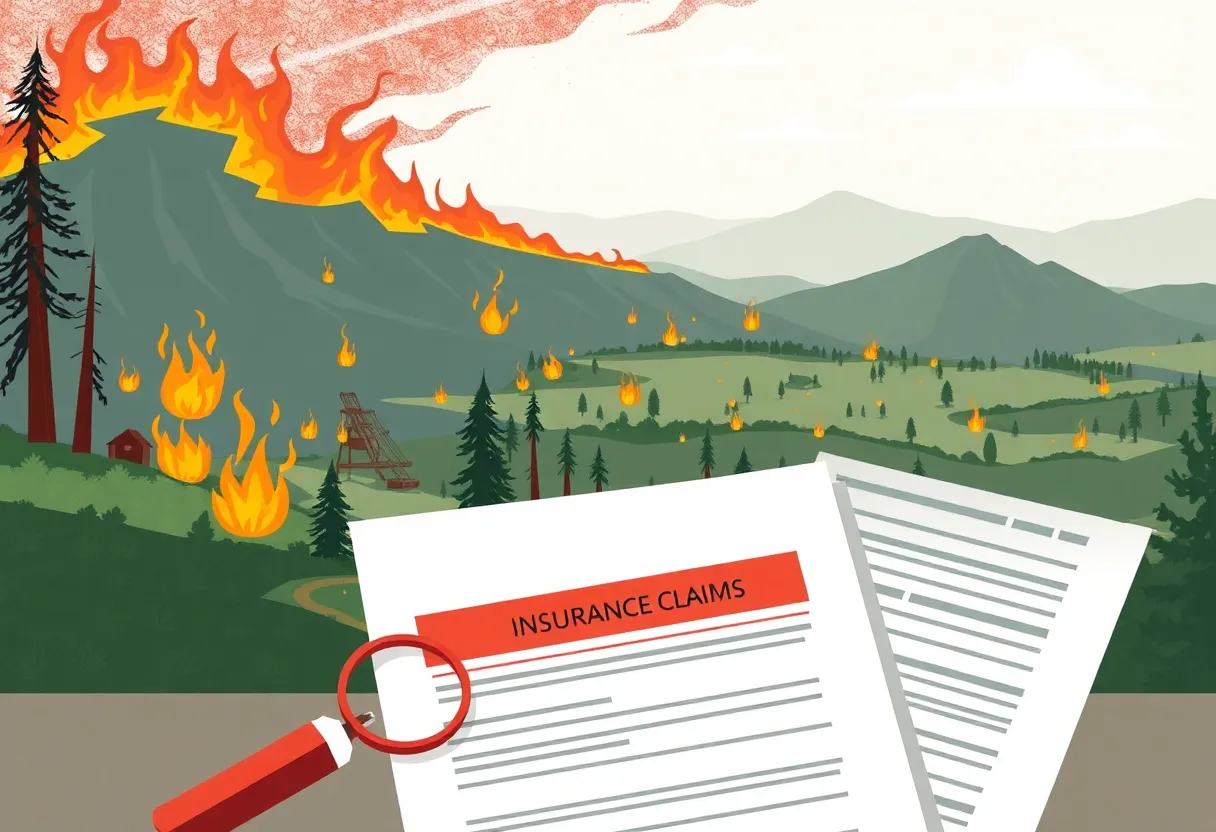News Summary
New York City has introduced the Fairness in Apartment Rental Expenses (FARE) Act, abolishing upfront broker fees for renters. Effective June 11, 2025, the legislation mandates that broker fees be paid by the landlord or property management company, alleviating the financial burden on tenants. The City Council overwhelmingly supported the bill, which aims to improve tenant mobility by dramatically reducing the average cost of signing a new lease. Despite some opposition, experts believe the law will not significantly increase rental prices.
New York City has enacted a significant change in rental laws with the introduction of the Fairness in Apartment Rental Expenses (FARE) Act, which abolishes upfront broker fees for renters. Set to take effect on June 11, 2025, the new legislation mandates that broker fees be borne by whoever hires the broker—usually the landlord or property management company—rather than the tenant.
The move is expected to ease the financial burden that broker fees have historically placed on renters, particularly those from lower-income backgrounds. Reports indicate that over the past year, up to 50% of leases in New York City charged tenants broker fees. These fees can vary significantly, typically ranging from 12% to 15% of the annual rent, resulting in considerable upfront costs for individuals seeking new housing.
Data from StreetEasy estimates that the average upfront cost of signing a new lease will drop from approximately $12,942 to $7,537 due to the FARE Act’s implementation. This reduction aims to alleviate the financial hurdles that have previously restricted tenant mobility and housing access in the city.
The legislation received overwhelming support in the City Council, passing with a veto-proof majority of 42-8. However, it faced opposition from landlord organizations, including a lawsuit filed by the Real Estate Board of New York (REBNY), which sought to challenge the bill. A federal judge has denied REBNY’s request to halt the law, ruling that the lawsuit raised policy disagreements rather than constitutional issues.
The implications of the FARE Act are significant, as violators of the law will be subject to penalties starting at $750 for a first offense, with increased fines for subsequent violations. The enforcement of these penalties will be managed by the New York City Department of Consumer and Worker Protection.
It’s important to note that tenants will still be responsible for paying broker fees if they actively choose to hire a broker, as opposed to one being assigned to them by a landlord. This stipulation maintains some level of personal choice within the rental process, although the primary burden of broker fees will now shift away from the tenants.
City Council Member Chi Ossé, who spearheaded the bill’s creation, has emphasized that forced broker fees significantly limit tenants’ ability to move freely. Advocates of the legislation believe that the changes will encourage easier mobility among renters, allowing them to seek better living arrangements without the upfront financial strain.
Opponents of the FARE Act, including REBNY President James Whelan, have expressed concerns that the law may inadvertently lead to higher rent prices and a decrease in available listings, as landlords adapt to the new regulatory environment. Despite these concerns, housing experts suggest that the law is unlikely to have a major impact on rental costs or the overall availability of housing. This perspective is reinforced by the ongoing trend in the rental market, where broker fees have been increasingly phased out due to prevailing market conditions.
The implementation of the FARE Act takes place in a context where existing rent regulations in New York City limit potential rent increases, which further lessens possible adverse effects of the law on what tenants pay
As REBNY continues to pursue an appeal against the FARE Act, the legal challenges remain ongoing, signaling that the rental landscape in New York City may continue to evolve in response to this new legislation.
Deeper Dive: News & Info About This Topic
HERE Resources
Sam Altman Discusses AI’s Economic Future in NYC
New Law Eliminates Upfront Broker Fees for Renters in NYC
Historic NYC Properties Once Owned by Artists Hit Market
New Developments in New York City’s Real Estate Market
New York City Faces Affordability Crisis: Families Feel the Pinch
Additional Resources
- ABC7 NY
- Wikipedia: Fair Housing Act
- New York Post
- Google Search: New York City rental market
- Gothamist
- Google Scholar: FARE Act New York City
- New York Law Journal
- Encyclopedia Britannica: rental market New York
- HousingWire
- Google News: FARE Act New York City








